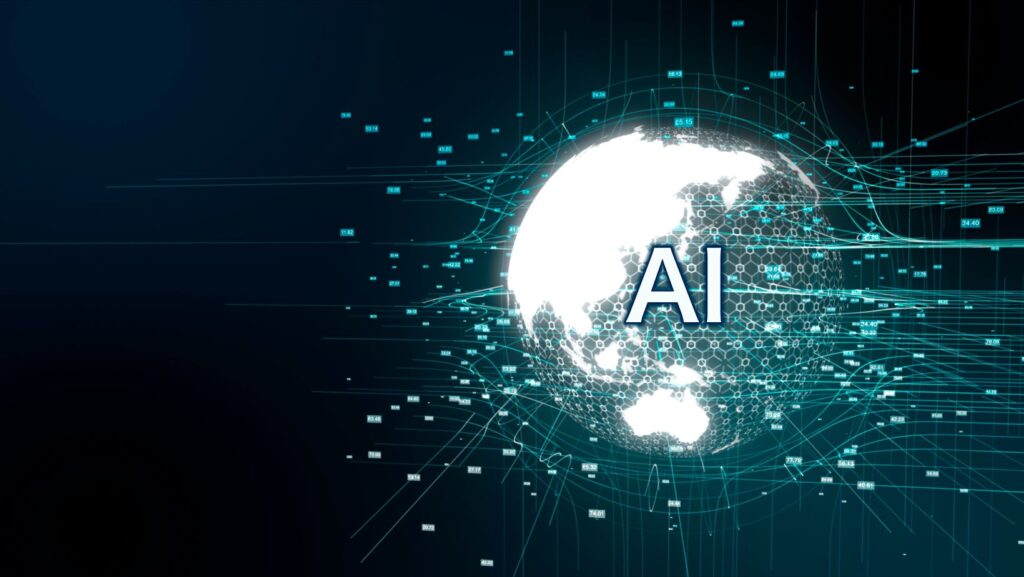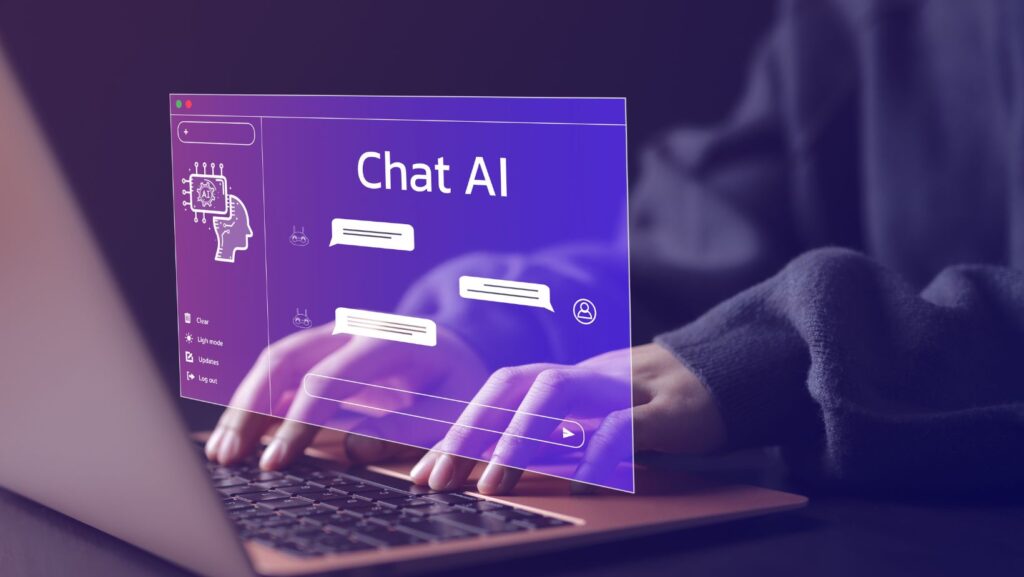As an expert in the field, I’ve delved deep into the world of artificial intelligence and its impact on society. Today, I’m here to shed light on a critical issue – the cons of artificial intelligence discrimination. Despite its advancements, AI has unveiled a darker side, revealing how biases can seep into algorithms and perpetuate discrimination. The implications of this revelation are far-reaching, affecting everything from job opportunities to access to essential services. Join me as we uncover the hidden truths behind AI discrimination and explore the urgent need for change in this evolving landscape.
Cons of Artificial Intelligence
When developing AI systems, it is crucial to remain vigilant about the potential biases that can infiltrate algorithms. These biases, often unintentionally incorporated, can result in discriminatory outcomes that harm individuals and communities.
Data inputs play a significant role in shaping AI algorithms, and if these inputs reflect historic biases or prejudices, the AI system may perpetuate and even exacerbate these issues. It’s vital to have diverse and inclusive datasets to train AI models effectively and minimize the risk of discriminatory results.
Transparency in AI development is essential for identifying biases within algorithms. By thoroughly examining and testing AI systems, developers can uncover and address any unfairness or partiality present in the technology.

Impact on Job Opportunities
Artificial intelligence’s discriminatory algorithms can limit job opportunities among marginalized groups. AI biases in recruitment processes may lead to unfair candidate selection, hindering the chances of qualified individuals securing employment.
Studies have shown that AI systems used in hiring processes can perpetuate gender and racial biases, favoring certain demographics over others. This bias not only affects individuals seeking employment but also contributes to inequality in the workforce.
Companies relying on AI for candidate screening risk overlooking capable candidates based on biased algorithms, resulting in a lack of diversity within their organizations. This trend not only affects job seekers’ prospects but also hinders businesses from benefiting from a diverse and inclusive workforce.
Effects on Access to Essential Services
When it comes to AI discrimination, the impact extends beyond job opportunities. Discriminatory algorithms can also affect access to essential services, such as healthcare, financial assistance, and housing support. These systems can unknowingly perpetuate biases that result in unfair treatment of individuals, particularly those from marginalized communities.
In healthcare, AI algorithms used for decision-making processes may exhibit biases that lead to incorrect diagnoses or inadequate treatment for certain demographics. This can worsen health outcomes for individuals who are already at a disadvantage due to societal inequalities.
Moreover, in the financial sector, discriminatory AI can influence decisions related to loan approvals, interest rates, and financial aid eligibility. Marginalized groups may face disproportionate challenges in accessing financial resources, perpetuating economic disparities.

The Urgent Need for Change
In the realm of artificial intelligence (AI), discriminatory algorithms are causing significant harm. These biases aren’t just a theoretical concern; they have real and damaging effects on people’s lives. From inaccurate diagnoses in healthcare to limited access to financial assistance, the repercussions are far-reaching. Housing discrimination is another poignant result of AI biases, highlighting the urgent need for change.
To address these issues effectively, we must prioritize algorithmic transparency and accountability. By understanding how these AI systems work and holding organizations accountable for the outcomes, we can begin to mitigate the negative impacts on individuals. Ethical guidelines and diverse representation in AI development teams are crucial steps towards creating fair and unbAased algorithms.
Additionally, fostering collaboration among AI researchers, policymakers, and affected communities is essential. It’s only through a multi-stakeholder approach that we can develop solutions that benefit everyone. Education and awareness about AI biases are also key in empowering individuals to recognize and address discriminatory practices.



